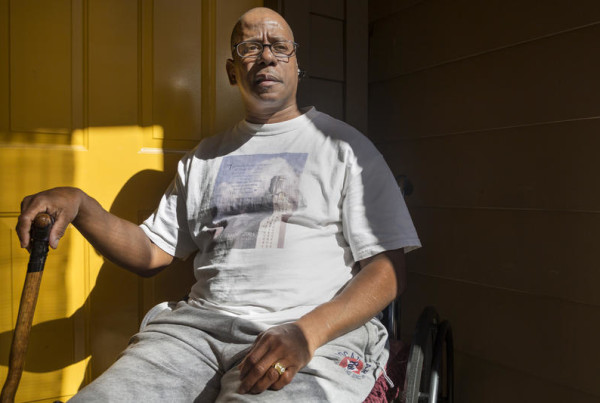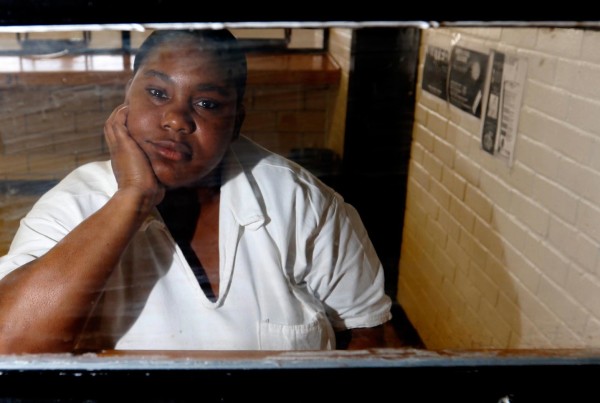One in four homeless people suffer from severe mental illness. This is a reality that hits close to home for the almost 20,000 homeless people in throughout Texas. Adressing the mental health needs in such a large population may seem like a huge issue to tackle, but a couple of sophomores from the University of Texas at San Antonio are trying to do something about it.
They’ve launched a non-profit to provide therapy sessions to peopel who are homeless living in Austin and San Antonio with videoconferencing. It’s called telemedicine: an individual video conferences with a licensed health professional. The new start-up is called Video Med and it’s the direct result of a UT System-funded program to promote student entrepreneurship. Farhan Ahmad, one of the masterminds behind the project, joins the Standard.
“My partner, Kavina Patel, and I were really interested in doing something at the intersection of healthcare and philanthropy. We had heard about this idea, telemedicine, which is commonly occurring in a lot of different healthcare settings. Patients are able to video conference with their physicians,” Ahmad says. “We hadn’t seen that anyone was applying this to underserved individuals — such as the homeless — in a nonprofit setting, and thanks to that program with the UT System this summer we were able to cultivate that idea and move forward with that.”
Ahmad says he and Patel hope to partner with different non-profit organizations that already have services in place to help people who are living on the streets or in encampments. The idea is to set up confidential computer kiosks where individuals who need help can get free consultations with mental health professionals.
But what about finding licensed health providers? Ahmad says they won’t be working for free. “We hope to reimburse our physicians that are involved in this,” he says. “We want them to be held accountable, as well rewarded, for the work that they’re doing. So they would receive some tax incentives because we are a non-profit. We hope to have competitive rates that we would reimburse them at.”
Ahmad and Patel are at the “testing their hypothesis” stage right now, but in the long-term they hope they have a way to fix the problem of homelessness for those who are mentally ill.
“Maybe telepsychiatry is a solution to the needs of homeless individuals and their mental health care,” Ahmad says. “[If] our small pilot project turns out to be validated then we would like to scale this up and maybe see it implemented in different cities across the United States. There are over 600,000 homeless individuals in our country and we think that is really unacceptable. We found that mental illness is one of the things that contributes to our system of homelessness and this idea of recuperation.”

















